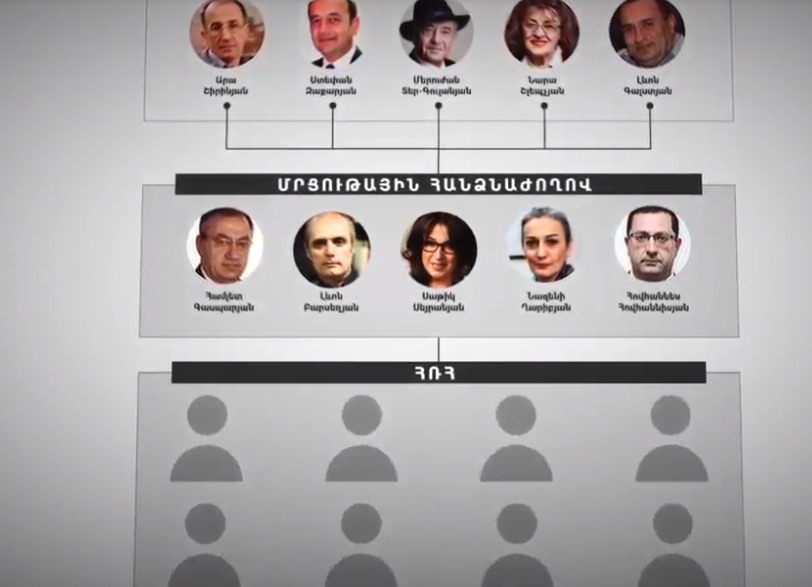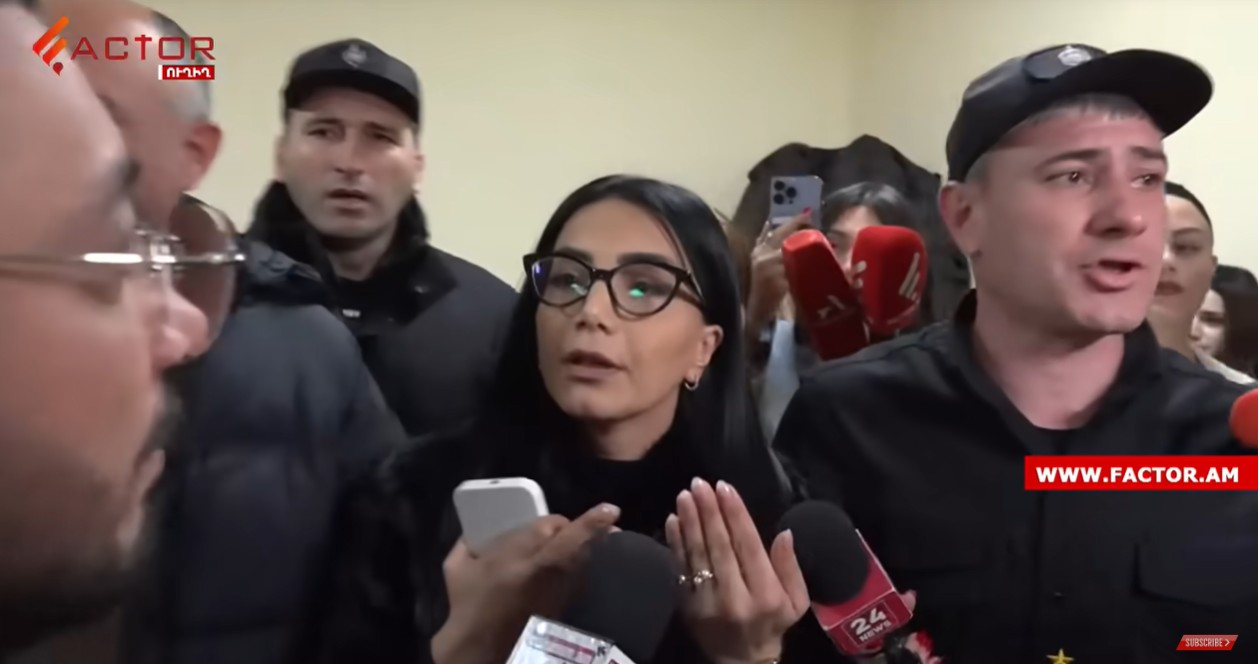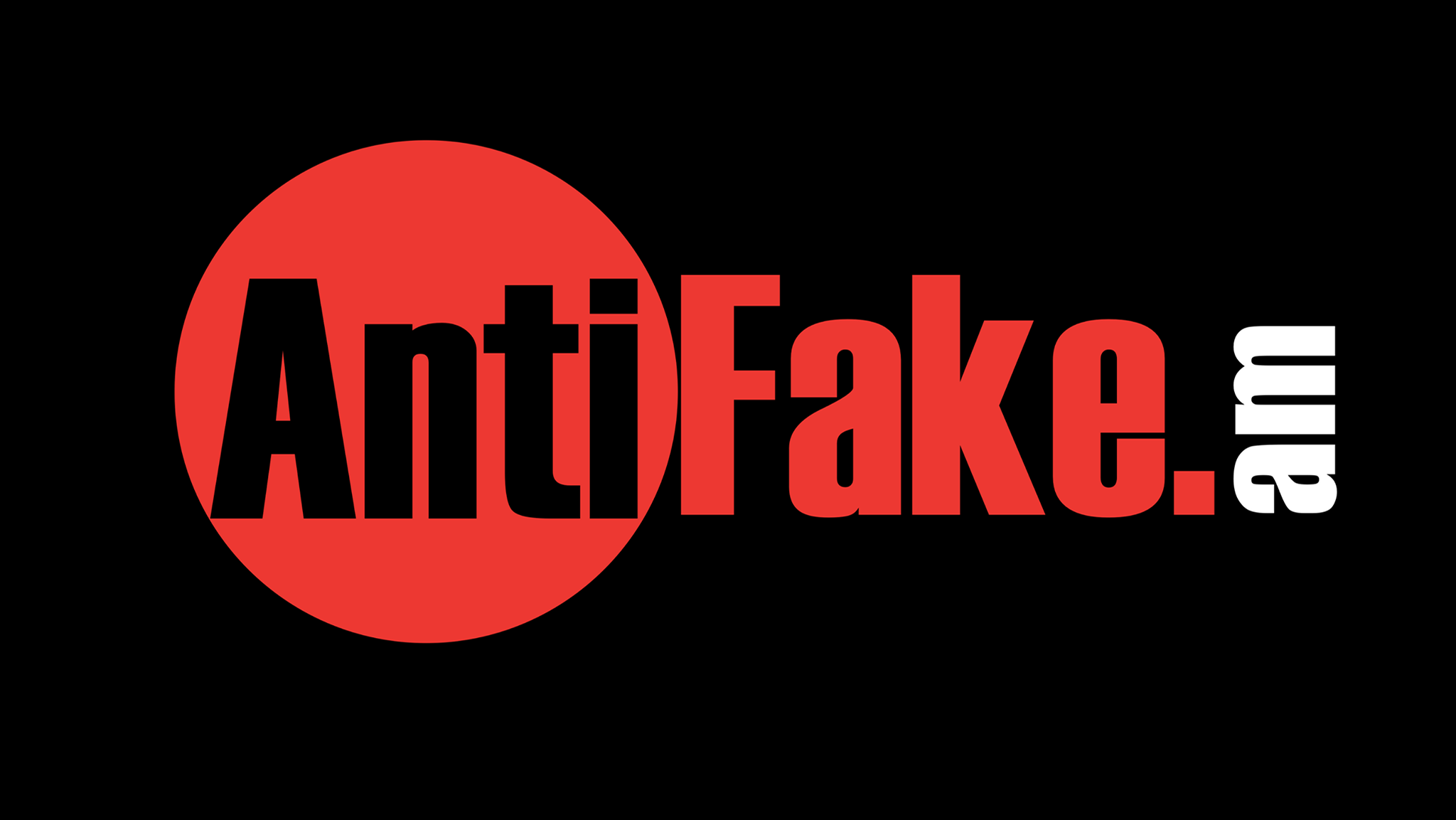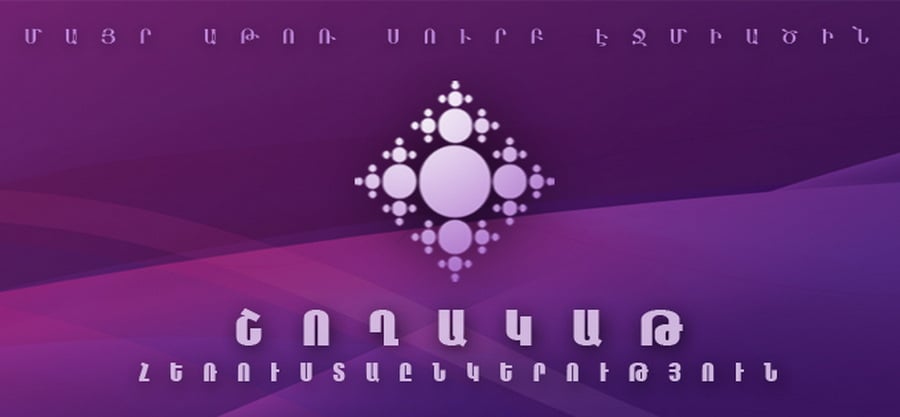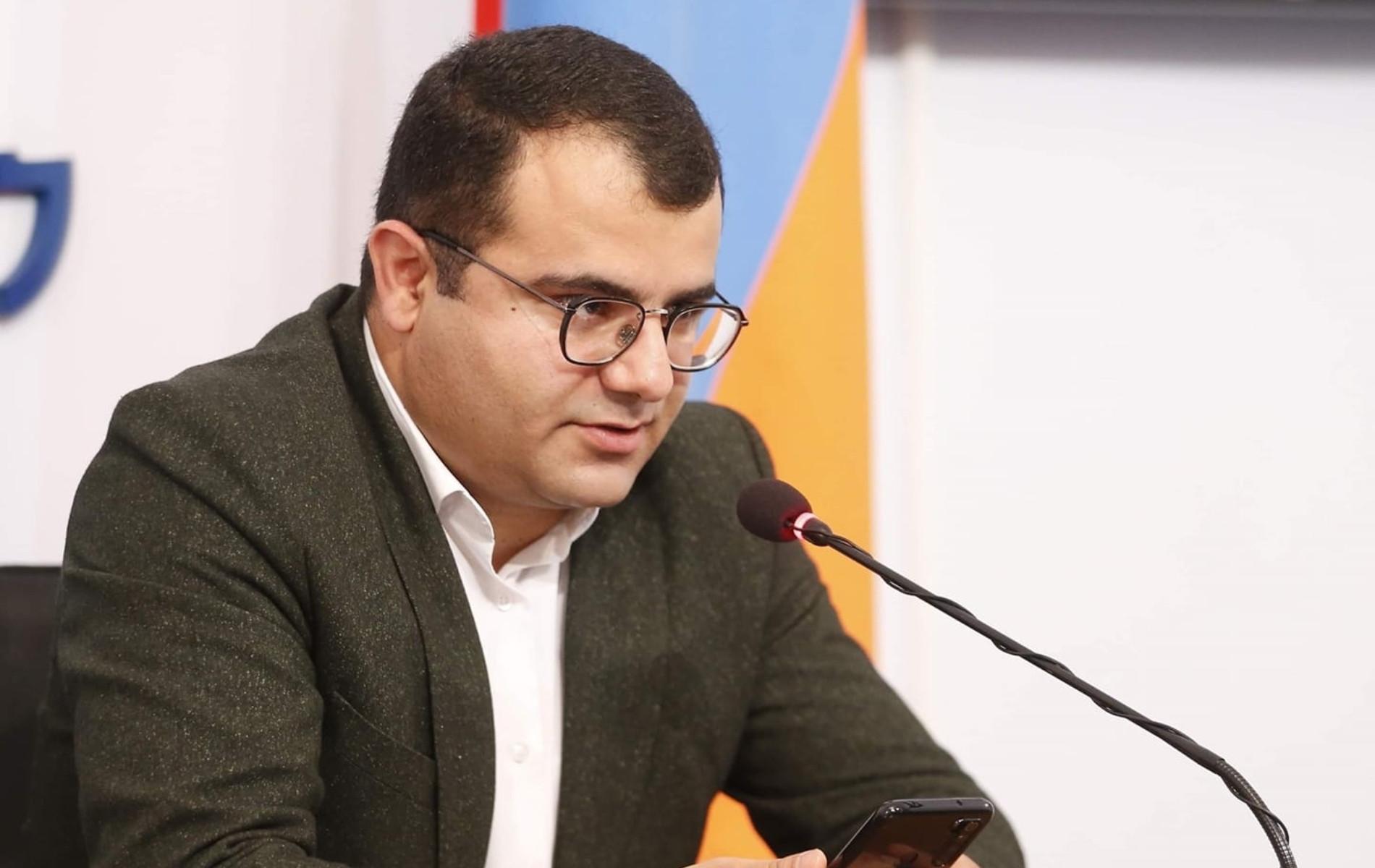The name of the new Chairman of the Public Television and Radio Council was announced on 1 April. The tender committee gave preference to Ara Shirinyan among the 23 applicants who had applied for the tender. During the previous 6 years Rouben Jaghinyan, selected on the basis of a totally different requirement of the law, had held the post of the Chairman of the Council. If in the past the institution announcing a tender and appointing the members of the Council was the RA President, following the amendments to the RA Law on Television and Radio of 23 March 2018, the tender is held by the body regulating the sector and the winner is appointed by the Prime Minister.
Thus, the 5-member tender committee established by the Television and Radio Commission for a 6-year term will fill the vacancies in the Public Television and Radio Council by a tender in conformity with the procedure set by the Television and Radio Commission.
According to the RA Law on Television and Radio, the tender committee may be composed of highly reputably figures in the area of journalism, television and radio broadcasting, management, science and art, as well as representatives of non-governmental organisations.
The Television and Radio Commission tried to ensure inclusiveness in this process by involving representatives from state institutions, civil society, and artistic unions. However, even the winning candidate raised questions regarding the procedures.
“Frankly speaking, there was no explanation regarding the logic of selecting members to the committee. On the one hand, all of them were experts in the field, however some principles were breached…It seems that it is not possible to form a 5-member committee on the basis of explicable principles. The statute of the tender committee has to change, and there should be public oversight over the process of establishment of the committee”,’ Ara Shirinyan, Chairman of the Public Television and Radio Council says.
Levon Barseghyan, Chairman of the board of the Journalists’ Club “Asparez”, member of the tender committee describes the current situation: “Unintentionally and by accident it happened so that the Television and Radio Commission formed our tender committee and three members of the TRC applied for the tender. My personal feelings were quite unpleasant since I had to examine the applications of three people who had approved my candidacy for membership in the committee and make a decision…No conflict of interests is acceptable”.
Mesrop Movsesyan, candidate for the position of the Chairman of the PTRC, President of the A1+ television company does not understand why the TRC members participated in the tender either: “A gauntlet was thrown down: I was the organiser and I had to be the winner”.
The concerns do not end here. For Mesrop Movsesyan all of this happened by inertia. He had no idea about the criteria which guided the representational committee: “It was quite like the scheme of the 2003-2008 elections. My interview was quite formal and half an hour later the name of the winner was announced. Naturally, I congratulate my colleague. The problem was that the approach was discriminatory. It was indicated that some would be interviewed and some – not, a programme and a concept had to be presented, following which there would be a discussion with the committee. These discussions were incomplete and we did not learn who participated in them and who did not”.
Levon Barseghyan comments on the aforesaid: “I was expecting more criticism than we actually had, which is surprising, on the one hand, and good, on the other. If there are any doubts regarding corruption, nepotism, etc. let them publish, I myself would love to know that”. Nevertheless, the member of the tender committee admits that where there are no clear criteria the margin of appreciation is higher: “The TRC never gave us any criteria or evaluation mechanism. We were guided by the principle of precedent and good reason. We sat and discussed how we were going to choose the winner. We examined the packages submitted by each candidate, we thought that it was not technically possible for us to interview all the applicants, we made a shortlist, we selected 9 people, we interviewed each of these for 15-20 minutes, we warned them that we were recording for the archive. Then we selected 3 people and held a secret vote to choose the winner”.
The winning candidate, Ara Shirinian believes that it is not possible to have a fully impartial jury because on the one hand, they need to be experts in the field, while on the other hand, if they are experts in the field, then the applicants will either be their friends or colleagues.
Incidentally, all the participants of the tender agreed to submit their concepts to the winning candidate for him to be able to make use of their ideas, which will be done, Shirinyan assures. “It is very important that people participate not only to meet their ambitions– political, public or creative but also to have their ideas benefit the sector. I am also of a strong opinion that we need to join efforts to succeed but, of course, the winner will bear all the responsibility”.
As regards the question on how to avoid conflict of interests and to ensure an impartial tender in the future, Mesrop Movsesyan believes that only experts who have similar experience and expertise should participate in the tender: “If a candidate has a television company, while the other has no experience, they do not have the same level and they must be assessed according to different criteria. The committee has to be composed of the professionals in the field so that they know the candidates. Maybe it is for the NA to establish the committee, while the TRC can provide technical support”.
According to Levon Barseghyan, for future tenders first, efforts should be invested in setting up certain criteria: “I believe that experts in different fields may be of help here. I do not think that the development of the criteria has to be confined to the bounds of this committee only”. Apart from this, Barseghyan attaches great importance to the publication of the application packages of the candidates, which will make the process maximally transparent. “It would be great to define by law that the application packages along with the CVs of the applicants and the concepts submitted by them must be published and become subject of public discussions. There should be maximum publicity in this area”.
Three media organisations – the Committee to Protect Freedom of Expression, Yerevan Press Club and the Media Initiatives Center– are in the process of drafting amendments to the Law on Television and Radio. Once the work is finished the working group will circulate the draft and submit it to the 3 NA factions, as well as the TRC.
HASMIK BUDAGHYAN
Media Expert

